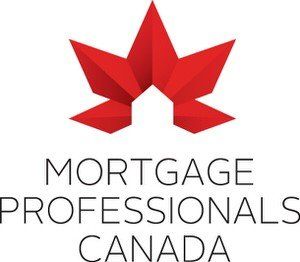The Benefits of Consulting a Mortgage Broker
Navigating the real estate and mortgage processes with the help of an expert mortgage broker can help set your mind at ease when making one of the largest financial decisions of your life.
Mortgage brokers negotiate with lenders on behalf of borrowers daily, so they know the ins and outs of what’s really important when arranging the best mortgage product and rate based on the unique immediate and longer-term needs of each borrower.
Brokers have access to multiple lenders’ products — including offerings available through banks, credit unions and trust companies, as well as alternate and private lenders. This means more choice for you — and better access to a product and rate that will meet your specific mortgage requirements.
Look Beyond Rate
While mortgage rate plays an important role in the affordability of your mortgage, there are a lot of other factors that can end up costing you more down the road if you fail to consider them when negotiating your mortgage terms. For instance, if you opt for a five-year fixed-rate no frills mortgage product to take advantage of a great rate upfront, but you decide to move before the five-year term is up, you may face thousands of dollars in penalties to break your mortgage. These penalties can far outweigh any savings you made in opting for a lower upfront rate.
By discussing your longer-term needs and goals with you at the start of your home and mortgage shopping experience, your mortgage broker will also help ensure you look for properties within your means — avoiding the potential issue of falling in love with a home you simply can’t afford.
Your mortgage broker will ensure you’re pre-approved for a mortgage so you know what you can afford. And, should rates increase during your pre-approval period, rest assured you will be offered the lowest rate.
Use a Broker at Renewal
It’s just as important to negotiate your mortgage product and rate at renewal time as it is the very first time you get a mortgage.
Your mortgage broker should stay in touch with you throughout the life of your mortgage and help you every step of the way. This partnership lets them re-evaluate your needs annually and assist you with a refinance when you’re in need of extra money for such things as financing renovations or your children’s education. You may also wish to buy an investment or rental property down the road.
Ask questions
If you don’t understand something your mortgage broker has told you, it’s important to ask for clarification. It’s their job to ensure you understand. After all, in the vast majority of cases, mortgage brokers across Canada are paid by the lender once they successfully place your mortgage. So it’s in your broker’s best interest to ensure you receive the best possible mortgage product and rate now and as long as you have a mortgage.
This article was produced by Mortgage Professionals Canada(formerly CAAMP), the national association and the collective voice of the mortgage industry in Canada.
RECENT POSTS






